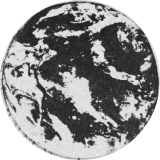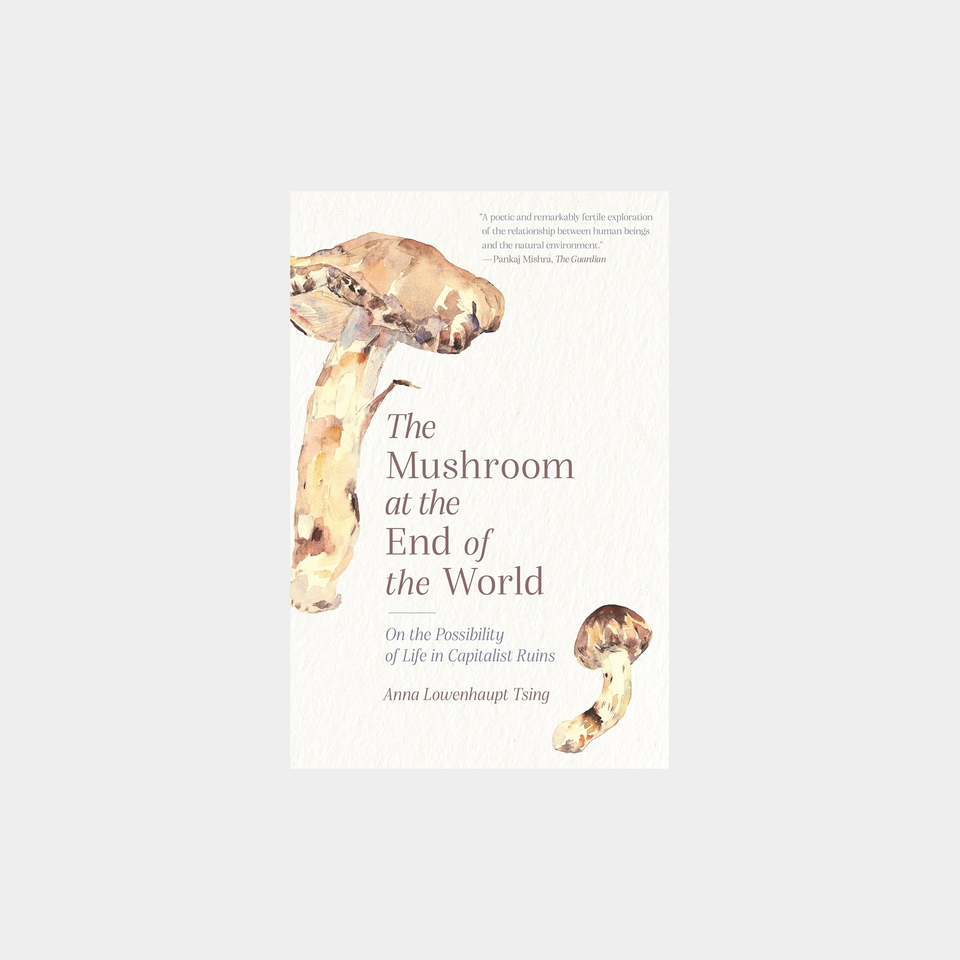Matsutake is the most valuable mushroom in the world—and a weed that grows in human-disturbed forests across the northern hemisphere. Through its ability to nurture trees, matsutake helps forests to grow in daunting places. It is also an edible delicacy in Japan, where it sometimes commands astronomical prices.
A tale of diversity within our damaged landscapes, The Mushroom at the End of the World follows one of the strangest commodity chains of our times to explore the unexpected corners of capitalism.
*The above link is an affiliate link. When you purchase through our affiliate links, we earn a small commission at no extra cost to you. Thanks for your support! Learn more
NEC's view
The Mushroom at the End of the World has been one of the most fascinating books we’ve read in recent years. It traces the story of the matsutake mushroom and uses it to open up questions about ecology, capitalism, and how life continues in the ruins of modern industry.
What we loved about it is how it combines anthropology, storytelling, and environmental reflection. It made us look differently at landscapes we thought we understood, and at how value and meaning can grow in unexpected places.










